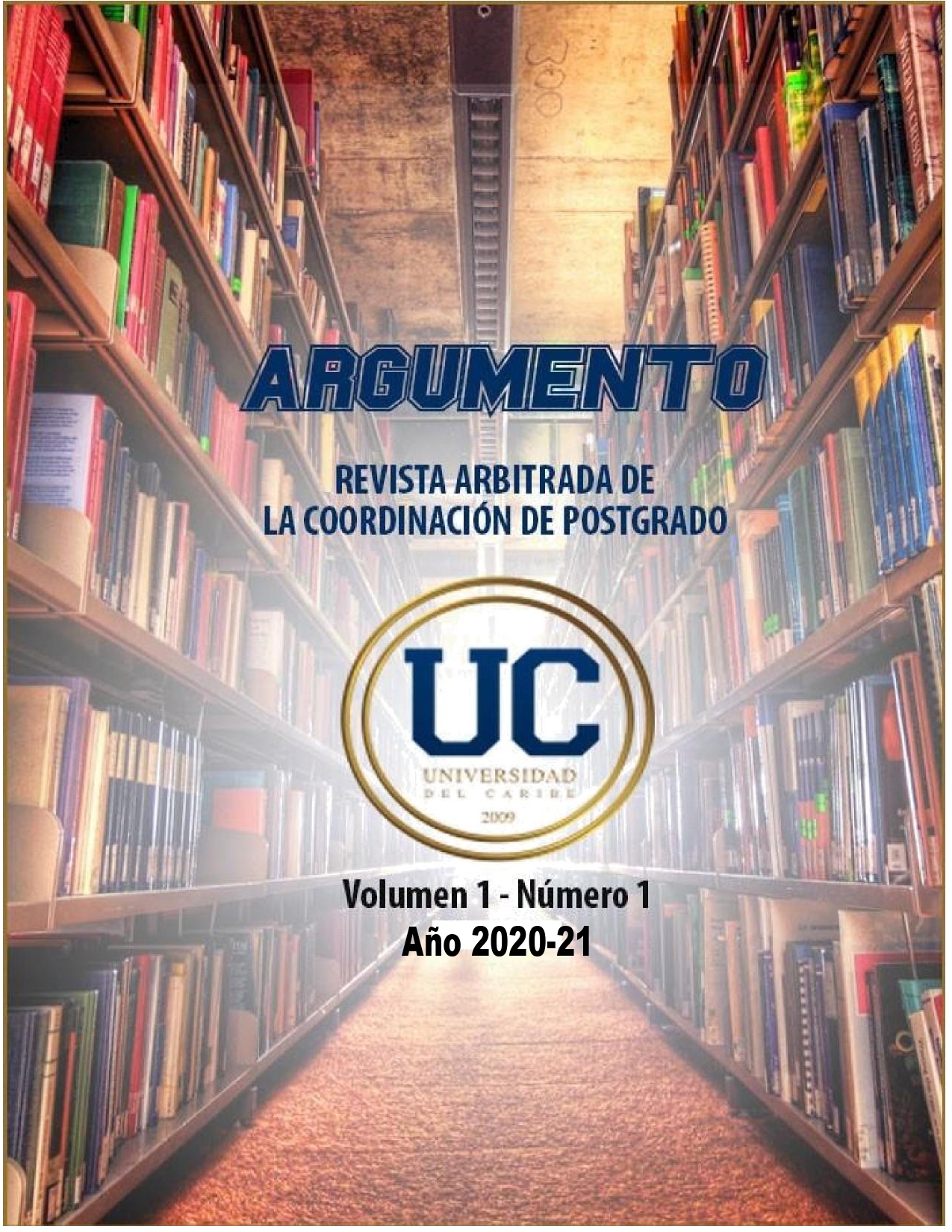Basic Paradigms in Teacher Education
Main Article Content
Section
Abstract
The present work approaches us to the discussion of the term of the basic paradigms in the formation of the faculty, in the different focuses and educational models. It is about a topic that diverse reflective time that will give us lights to create a new and alternative model in the educational university student’s formation and what you they look for the institutions. In this sense they make reference to the diverse formation models and the different positions of authors I half- close educational field, it stops then to land specifically in the field of the professional of the health in their human formation.

This work is licensed under a Creative Commons Attribution-NonCommercial 4.0 International License.
Downloads
Article Details
How to Cite
References
-Althusser (1976) Los procesos de socialización y su influencia en la formación del pensamiento del práctico profesor. Editorial Mc Graw Hill, México, p 85.
-Beillerot (1976). Etude systémique des actions de formation. Introdution á une methodologie de recherde. París, p. 67
-Bourdie (1972) Initial Training in Higher Education in the United Kingdon. Ponencia presentada en la jornada sobre formación inicial de profesores universitarios. Barcelona España.
-Durkheim (1895). Concepts of teaching and teaching excellence in higher education. Higher education research and development, n 14.
-Ferry, G. (1993) Orientación para la prospective y la innovación en educación. Paidós, Barcelona, p. 57.
-Gimeno (1983). Fundamentación de la concepción del profesor universitario como un orientador en la educación de valores. Ed. Atlas, S.A, Bogotá, p 49
-Marcelo (1989). Educación y plenitud humana. Ed. El Ateneo, Buenos Aires, p 128.
-Medina, C (1987). Desarrollo profesional del profesor a través de la interacción comunicativa y el análisis del clima social del aula. Ed. Vergara. Buenos Aires, p 124
-Pérez, G (1987). Necesidades de formación psicopedagógica para la docencia universitaria. Servicio de publicación Madrid, p 121.
-Tabachnik y Zeichner (1985.) Modelo de formación basado en la reflexión de lapropia práctica, Cuadernos de pedagogía, pp 1-27.

